In celebration of Women’s History Month, here’s a look at 5 incredible queer women who have made an impact on Canada…
In October, Canadians celebrate the women who have played a part in shaping the history of our country, and who were left out of the historical record for far too long. This year, the theme of Women’s History Month is #MakeAnImpact. With that in mind, I asked the folks at The ArQuives, Canada’s LGBTQ2 Archives, about some of the trailblazing queer women who made an impact on Canadian history. “There are so many amazing LGBTQ2+ women who have contributed to the lives of Canadians,” executive director Raegan Swanson told me. “The ArQuives National Portrait Collection is one way that we are making sure to celebrate these women all year long.”
So, click here to view the ArQuives portrait exhibition online, and continue reading to learn about five queer women who made an impact on Canada, whose stories deserve to be told and celebrated.
Michelle D. Doublas (1963- )
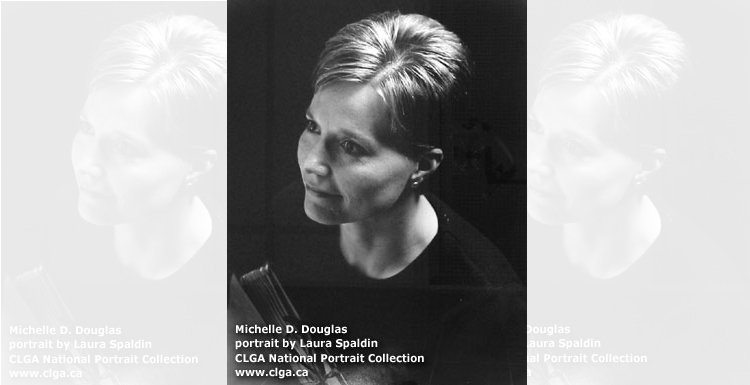
Michelle D. Douglas was born in Ottawa in 1963. She went on to study law and political science at Carleton University, and in 1986, she joined the military at the age of 23 years old. This was the beginning of a short but exemplary career in the army; within two years, she became one of the first female officers in the Special Investigation Unit. But in 1989, she was fired because the military police suspected her of being a lesbian. This sparked Douglas’s career as an activist. She challenged the Canadian Armed Forces with a lawsuit, saying that “this is not simply for me. It’s for the people who are still in the Canadian Armed Forces and for those who never had the chance to take this to court.” Her case effectively ended the military’s policy of discrimination, and since then, she has aided various organizations that aim to achieve equal treatment of the LGBTQ community.
Mary-Woo Sims (1956- )
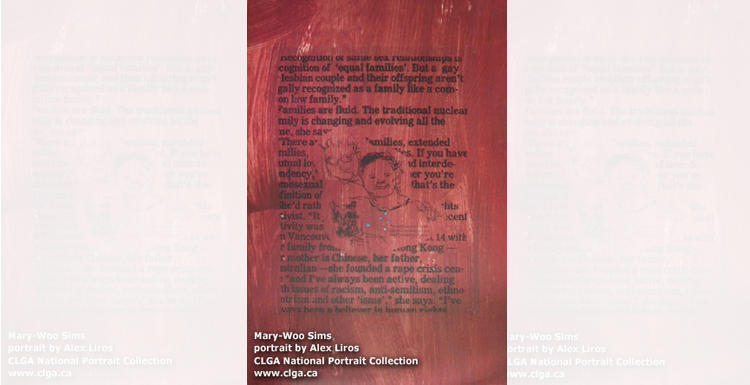
Mary Woo Sims was born in Hong Kong in 1970 and immigrated to Canada as a student. She pursued a career in human rights activism. She played an important role in the fight for same-sex spousal rights and was the co-chair of the Campaign for Equal Families during the fight for Bill 167, the Ontario legislation that would recognize same-sex couples, to pass. Sims is also an important figure in the Asian community and regularly challenges racial stereotypes and was awarded the Chinese Canadian National Council’s Chinese Canadian Pioneer Award. In 2006, she was an NDP candidate for the federal election, and is renowned for her social justice work.
Chris Bearchell (1953-2007)
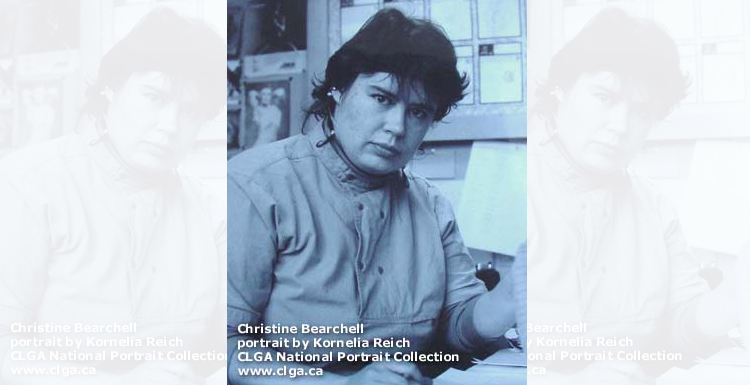
In 1975, Chris Bearchell began an influential media career as the only lesbian writing for Toronto’s Body Politic, which ran from 1971-87. As one of Canada’s first LGBT publications, the magazine became the voice of Canada’s gay liberation movement. She also became involved in countless important organizations and collectives of the time, co-founding the Lesbian Organization of Toronto (LOOT), participated in the Coalition for Gay Rights in Ontario, and helped in the defence of John Damien, a racing steward who was fired unfairly due to his sexuality. She died in 2007 after a lengthy battle against cancer.
Makeda Silvera (1955- )
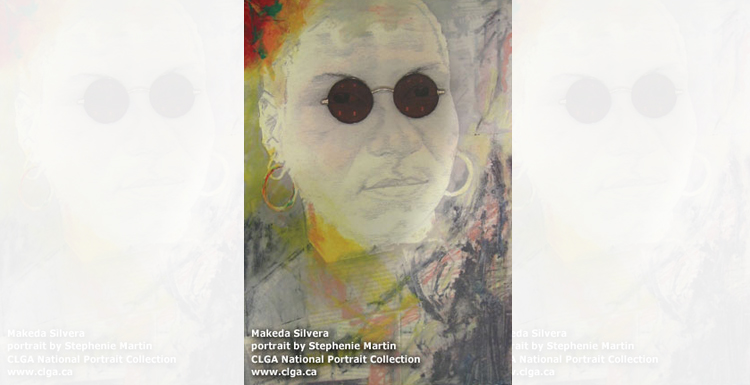
Makeda Silvera was born in Jamaica in 1955 and immigrated to Canada. In 1985, she and her partner, Stephanie Martin, founded a press dedicated to publishing writing by and for women of colour called Sister Vision Press. Her goal was to “publish very new writers alongside established writers, to continue to build a community that crossed along the lines of race, class, and sexuality, but that also varied experiences.” She has also written three books and currently lives in Toronto as a proud mother of two daughters.
Susan Ursel (1958- )
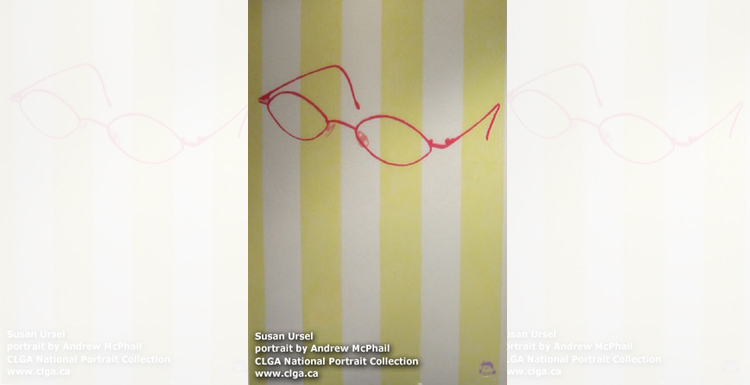
Susan Ursel has been working as a labour and human rights lawyer since she was admitted to the bar in 1986. In 1994 she fought for Bill 167 to be passed, which would have recognized same-sex couples, and was a founder and director of the Foundation for Equal Families, which introduced Bill C-23, ending discimination against same-sex relationships on the federal level. She continues to advocate for LGBT rights and lives in Toronto with her partner Lucy McSweeney.

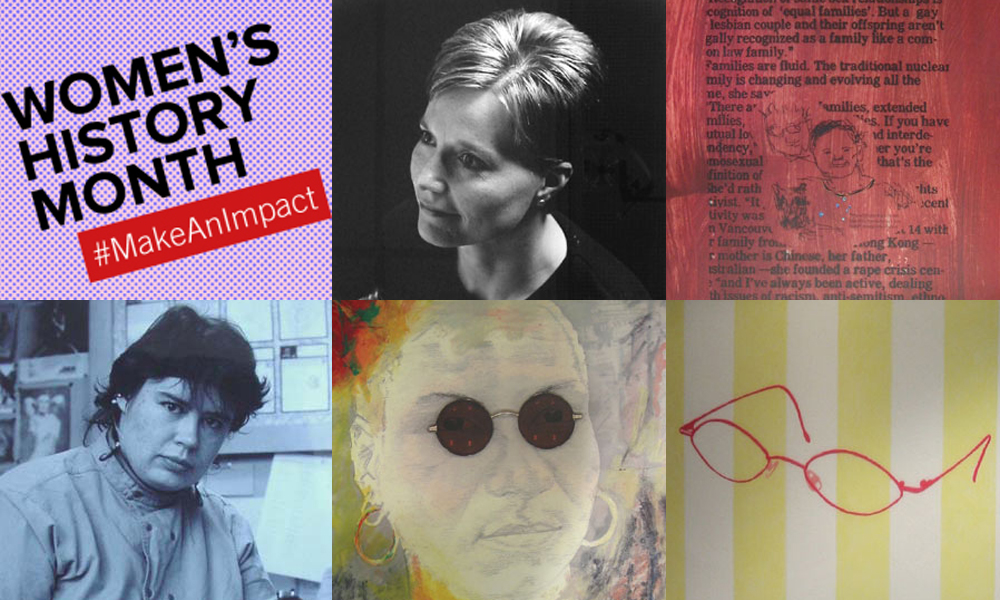
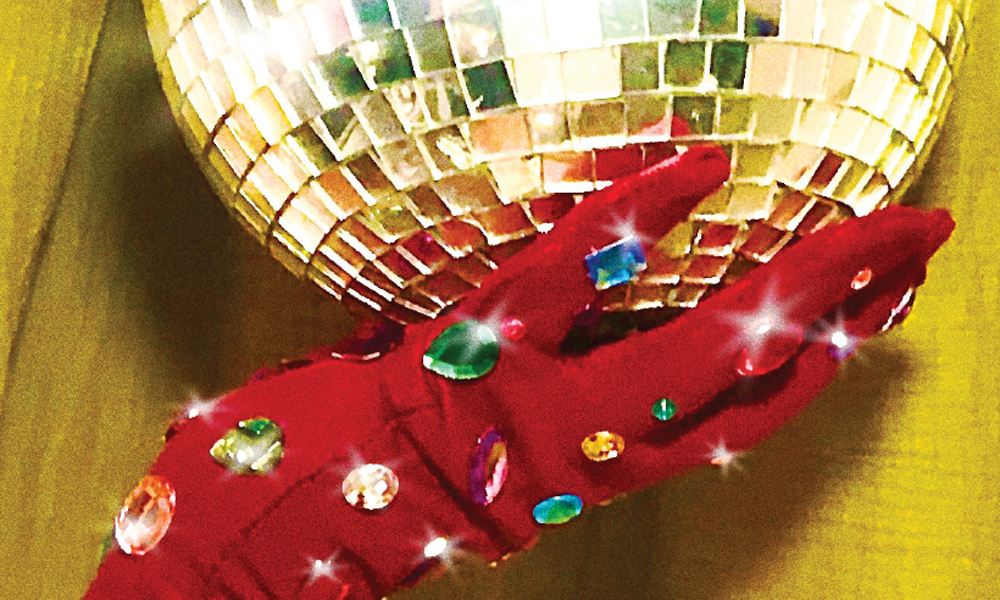
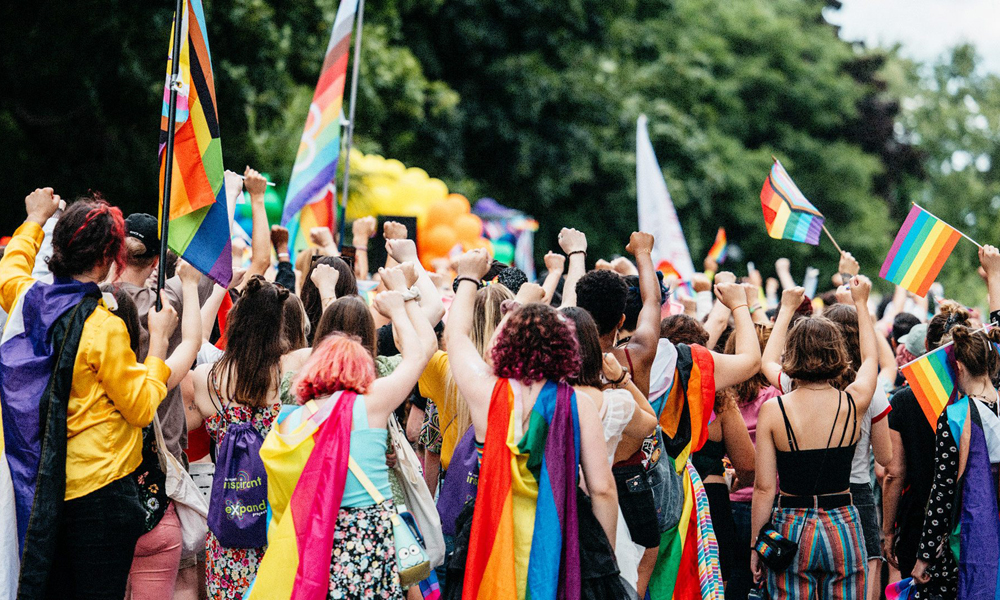
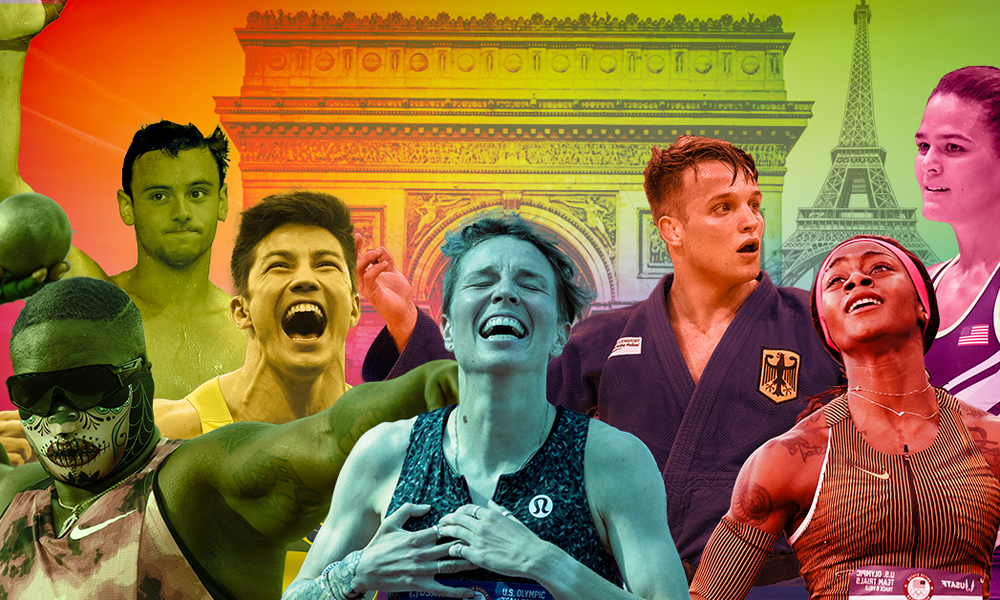

POST A COMMENT